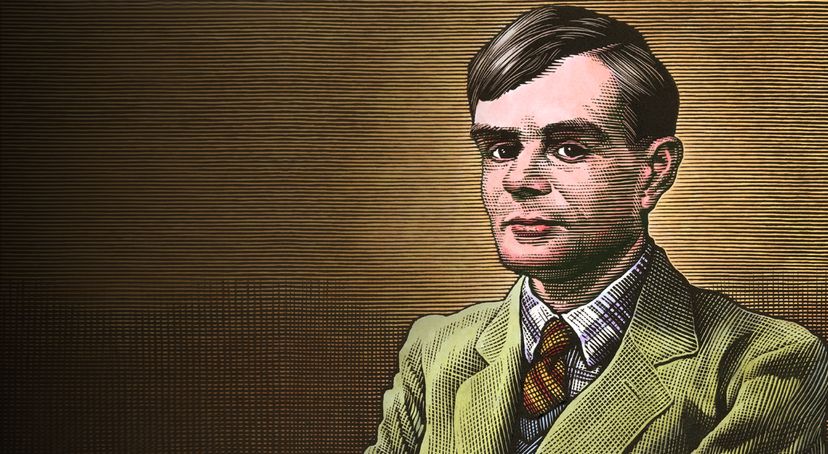
This year professor of computer engineering Jim Miles made an unexpected discovery. Miles, who teaches at the University of Manchester, was clearing out an old filing cabinet when he saw a red file with the name "Alan Turing" written on it. Inside that file was a collection of the famed mathematician's correspondence dating from 1949 up to 1954, the year he died. All told, the file held close to150 documents, including letters and circulars.
Turing was a mathematician and one of the fathers of the computer age. During World War II, he helped decipher German codes created by theEnigma machine. Much of his work became the basis for computer science. He's also known for proposing theTuring Test, which relates to artificial intelligence.
Advertisement
Historians are excited to see more material from Turing. According to archivist James Peters, the correspondence focuses on Turing's academic life rather than his personal life. The letters include invitations to speak at various institutions and colleges on matters such as machine intelligence and codebreaking. There are also letters asking for Turing's participation or support for various endeavors.
My favorite might be Turing's response to Donald Mackay of King's College in London. Mackay, a physicist, asked Turing if he might attend a cybernetics conference in America. Turing's response was that he had already turned down the opportunity and that "I would not like the journey, and I detest America." The University of Manchester has published anindex of all the letters in the fileonline. Turing's detestation of the US of A is inletter 107.
Turing's life, part of which was dramatized for the Oscar-winning 2014 filmThe Imitation Game, was ultimately tragic. He was gay at a time when having a homosexual relationship was illegal in the United Kingdom. In 1952, he was arrested for "indecency" after having a relationship with another man. He was found guilty, and the government punished him with chemical castration. Turing continued his work for two more years before he died from cyanide poisoning. While the accepted theory was that Turing had committed suicide, academics like professor Jack Copeland suggest that perhapsTuring's death was accidental. In either case, the world lost a genius when Turing died. With this collection of correspondence, we managed to get a little bit of Turing back.
Advertisement



